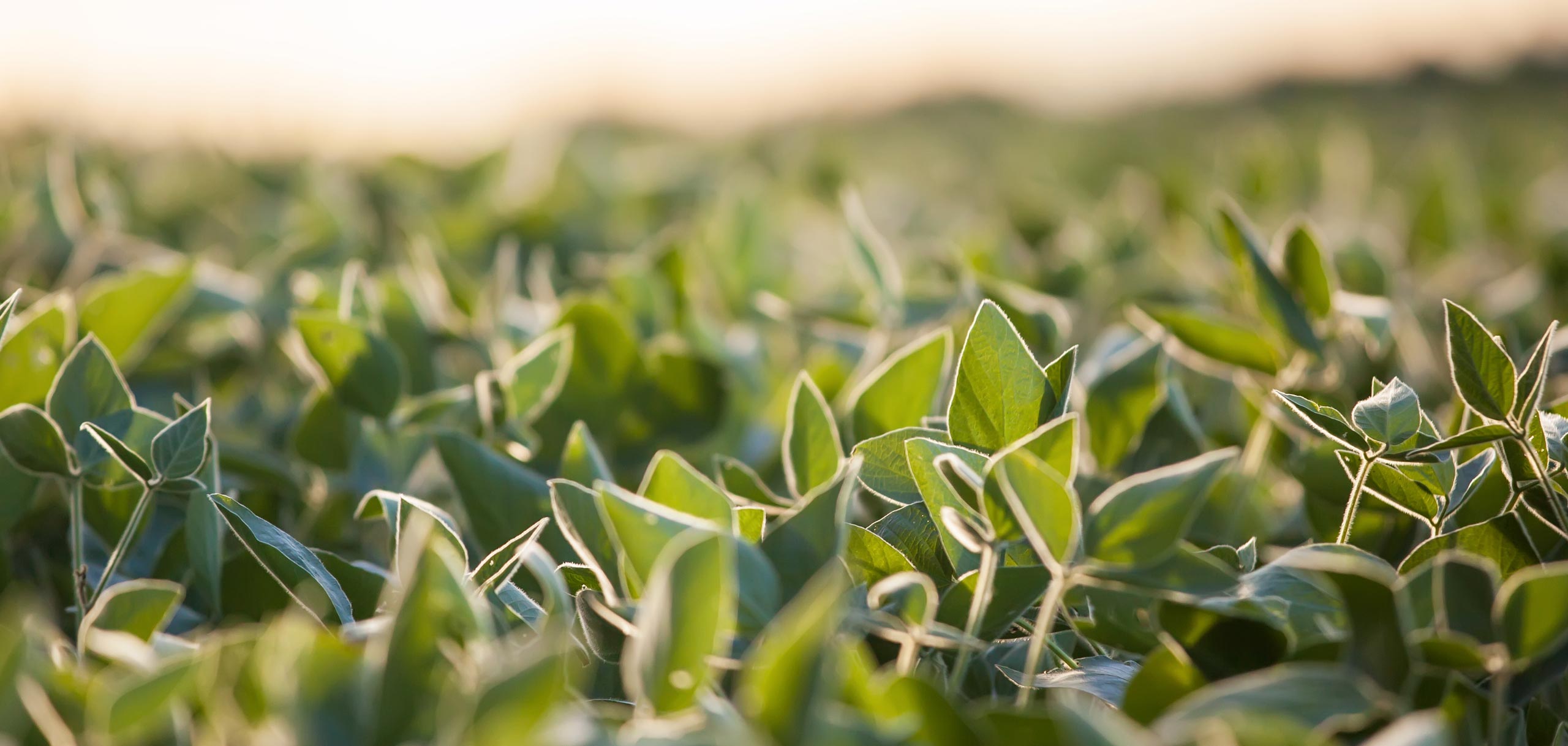USSEC Examines Sri Lanka for Soy Opportunities in Feed and Food Segments
- Category:
- Success Stories

A U.S. Soybean Export Council (USSEC) team recently examined soy opportunities for feed and food applications in Sri Lanka, meeting with the commercial specialist for the U.S. Embassy in Sri Lanka and expressing USSEC’s renewed interest in the country due to its growing economy, sales and market share of U.S Soy. In 2013 and 2014, Sri Lanka imported 100,695 metric tons (MT) of U.S soybean meal valued at $58.29 million, partly due to residual effects of USSEC’s marketing efforts from 2008 to 2012. The team visited two poultry layer farms, which import 500 MT of U.S. soy regularly each month, to note developments in the country’s feed and human food sectors. The country’s largest chicken processor, Pussulla Meat Producers, operates 75 chicken outlets in Sri Lanka and is constructing a new feed mill, which is projected to use a monthly volume of 1000-1500 MT of U.S soybean meal. The USSEC team noted that Sri Lanka has developed a unique practice of marketing at least 75 percent of its chicken through cold chains, in contrast to India and other Asian countries where wet markets usually dominate. Sri Lanka’s chicken consumption grew from 5.5 kilogram (kg)/year to 8.5-9.0 kg/year in the past three years and is expected to reach the 12 kg mark in 2016 with consumption slated to further increase as the country’s economy improves and people seek more meat in their diets. The USSEC team also visited selected retail distribution outlets and grocery stores to examine the presence of soyfoods. The stores offered a full range of meat and fish products; soy products sold as meat substitutes were popular, with brands produced by five different manufacturers. Soymilk, soy protein supplements and soy oil also had a presence on the shelves. At a USSEC-hosted event, the USSEC’s ASC regional director provided remarks and took questions on USSEC and the U.S. soy industry from 21 invited industry guests. The guests represented poultry and egg producers, feed millers and technical consultants. GMO safety and regulation was also a topic of discussion. Overall, Sri Lanka’s industry looks positive with signs of increasing sales of poultry and eggs and an expanding economy.